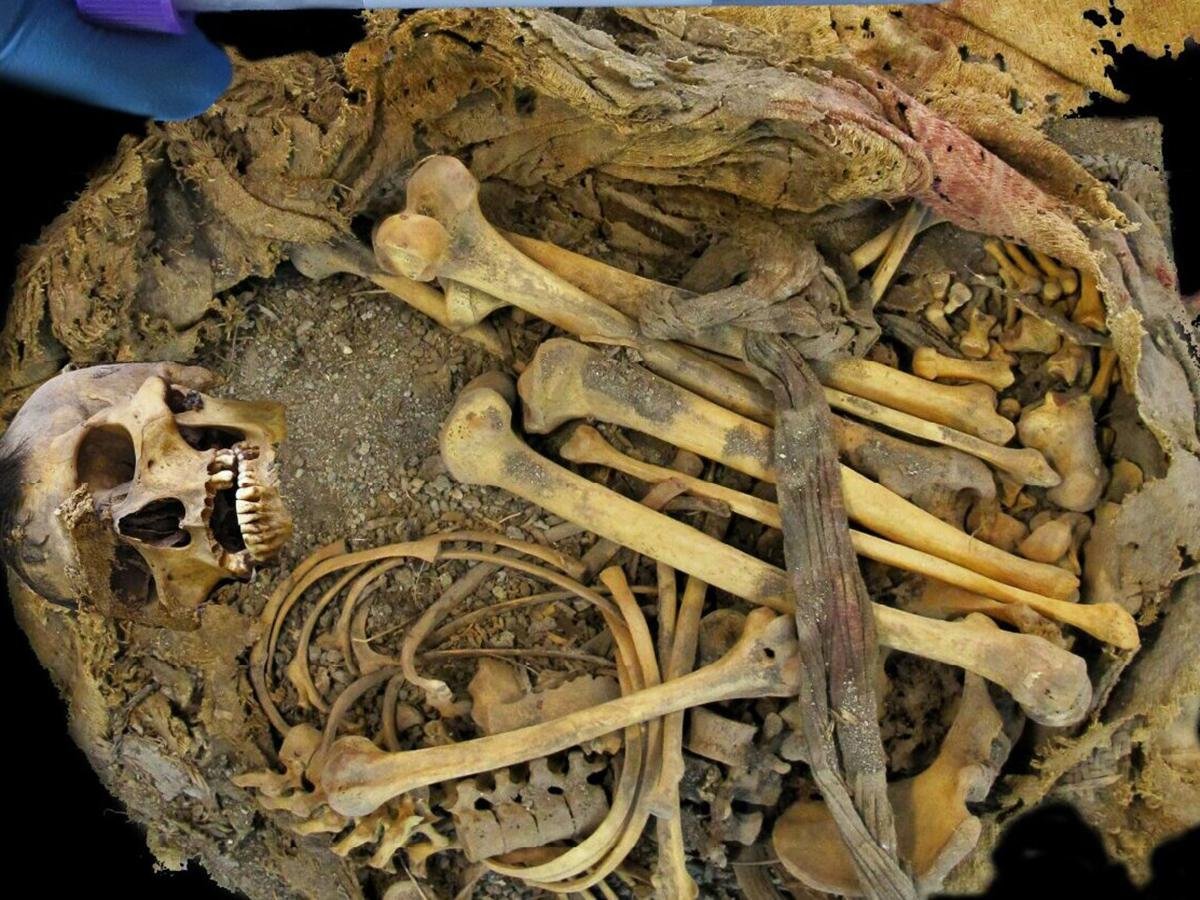
1,000-year-old Mesoamerican mummy from Mexico reveals ancient human gut microbiome
The remarkably well-preserved remains of a man who died in central Mexico around 1,000 years ago have revealed the ancient human microbiome — the community of bacteria…
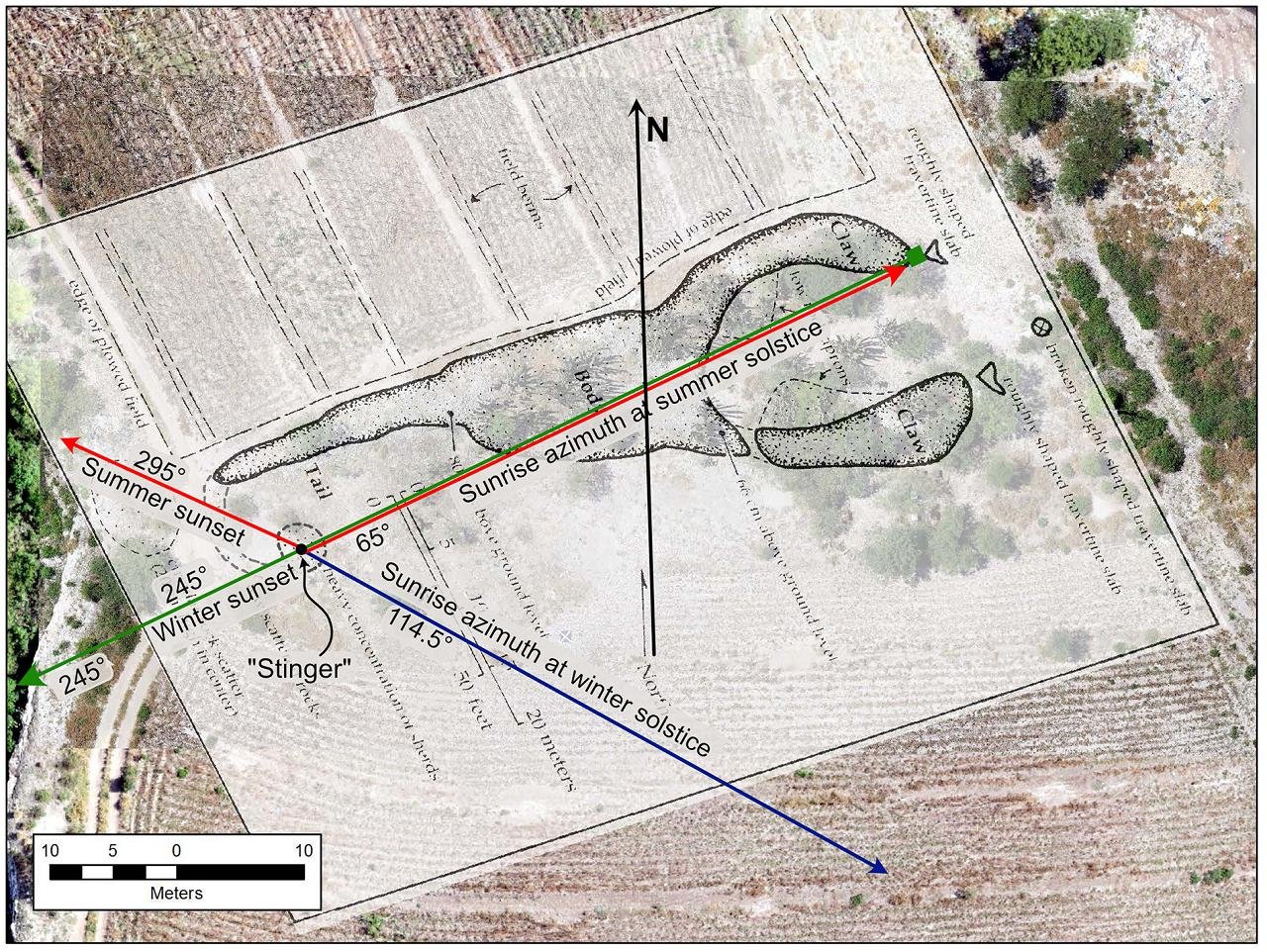
Ancient 200-foot scorpion-shaped mound in Mexico may have served as a solstice observatory
Archaeologists have uncovered a rare scorpion-shaped mound in Mexico’s Tehuacán Valley that was likely used to allow ancient Mesoamerican farmers to track the sun’s path during the…
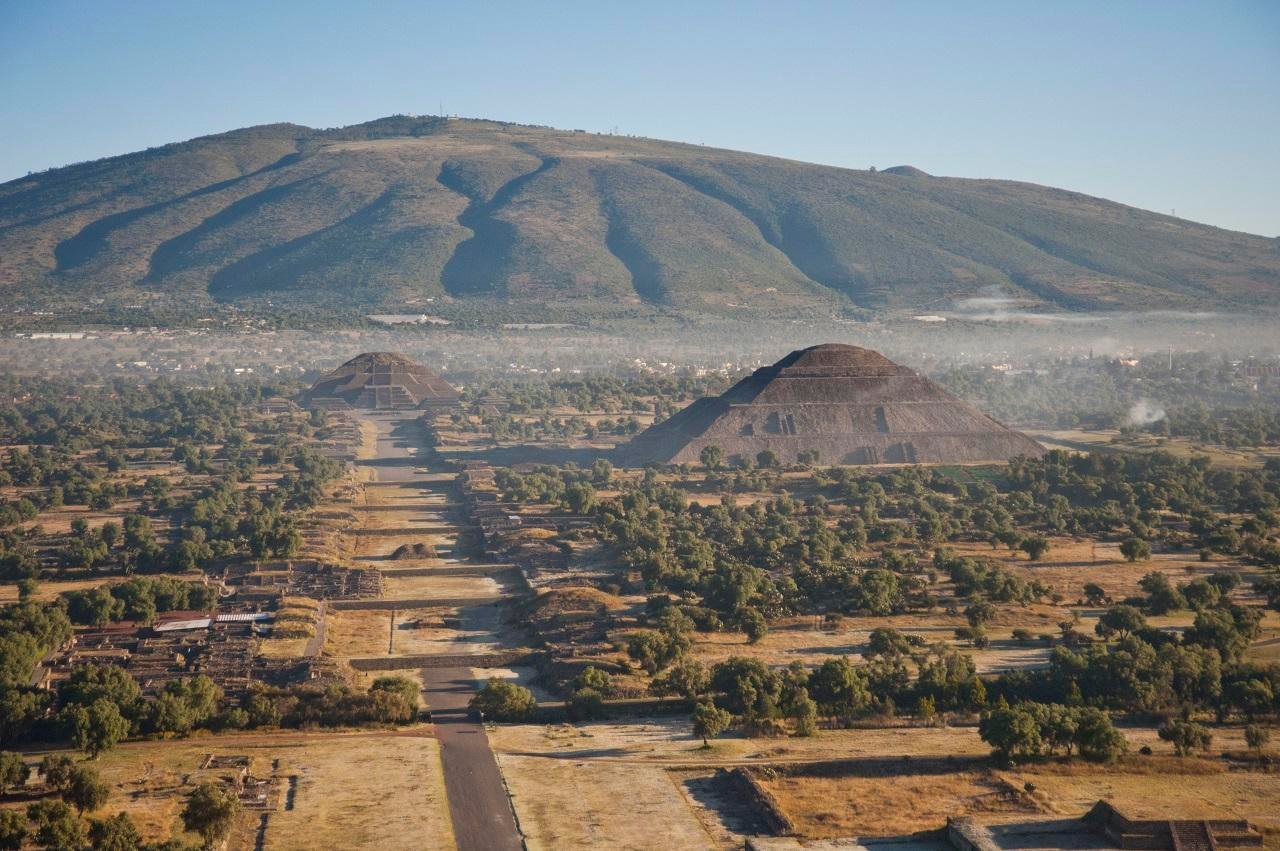
Ancient Teotihuacan murals reveal possible 2,000-year-old Uto-Aztecan language
A new study published in Current Anthropology may have solved one of the largest mysteries of ancient Mesoamerica—the language spoken in Teotihuacan, the vast metropolis that dominated…
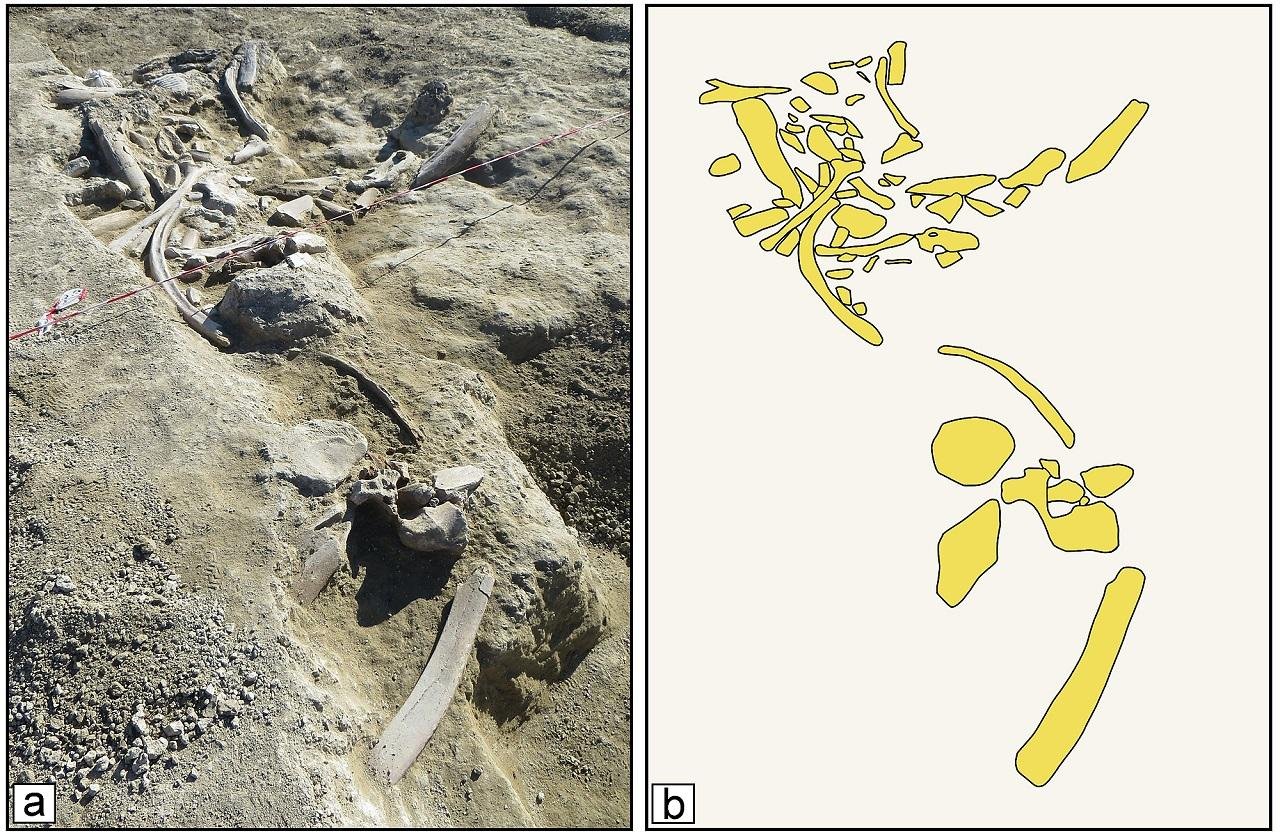
Ancient hominins in Italy butchered elephants 400,000 years ago and turned their bones into tools
A new paper published recently in PLOS ONE has uncovered evidence that early humans who inhabited the region near present-day Rome butchered a giant elephant around 404,000…
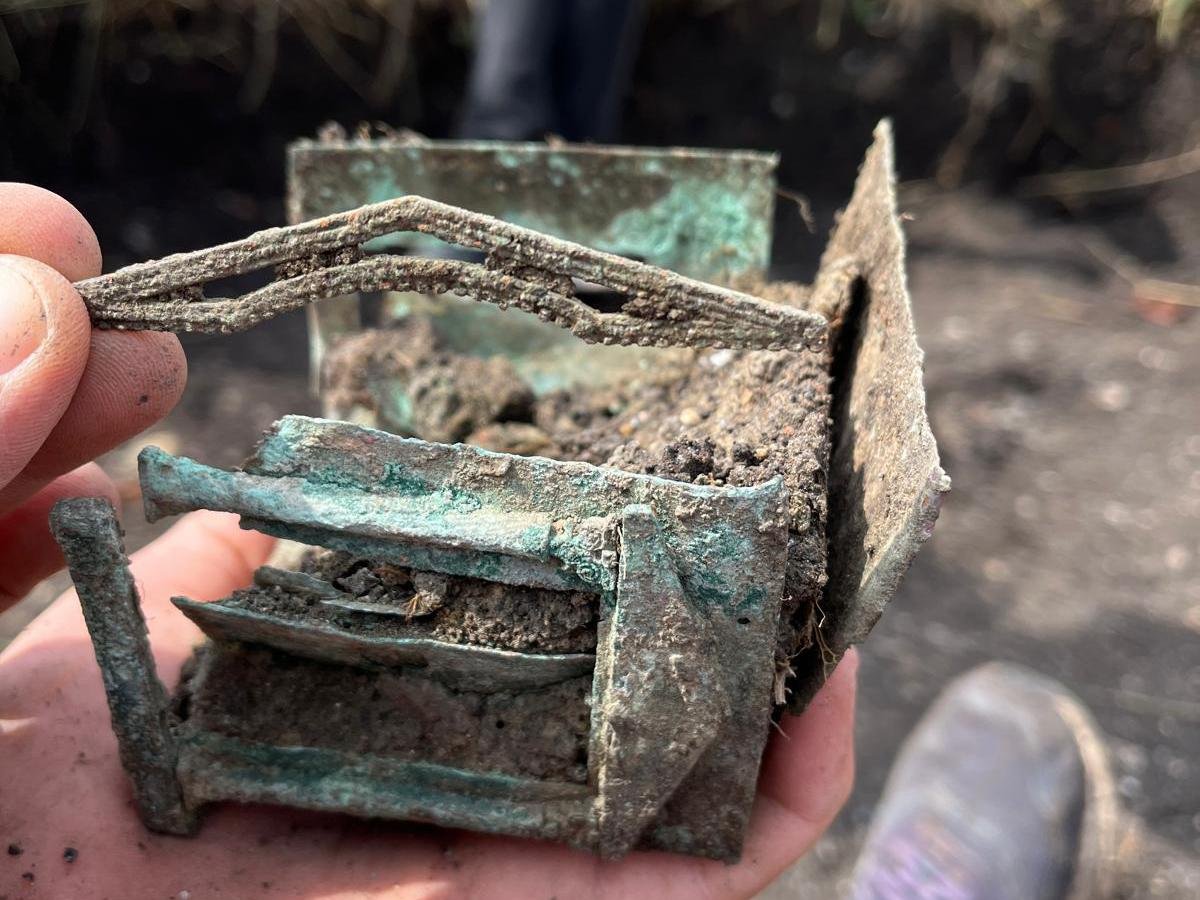
Rare bronze temple-façade box found in Turda reveals life near Legion V Macedonica
Archaeologists excavating a Roman civilian settlement at Turda, Romania, have unearthed many artifacts, including a rare bronze box with a relief of a classical temple façade. It…
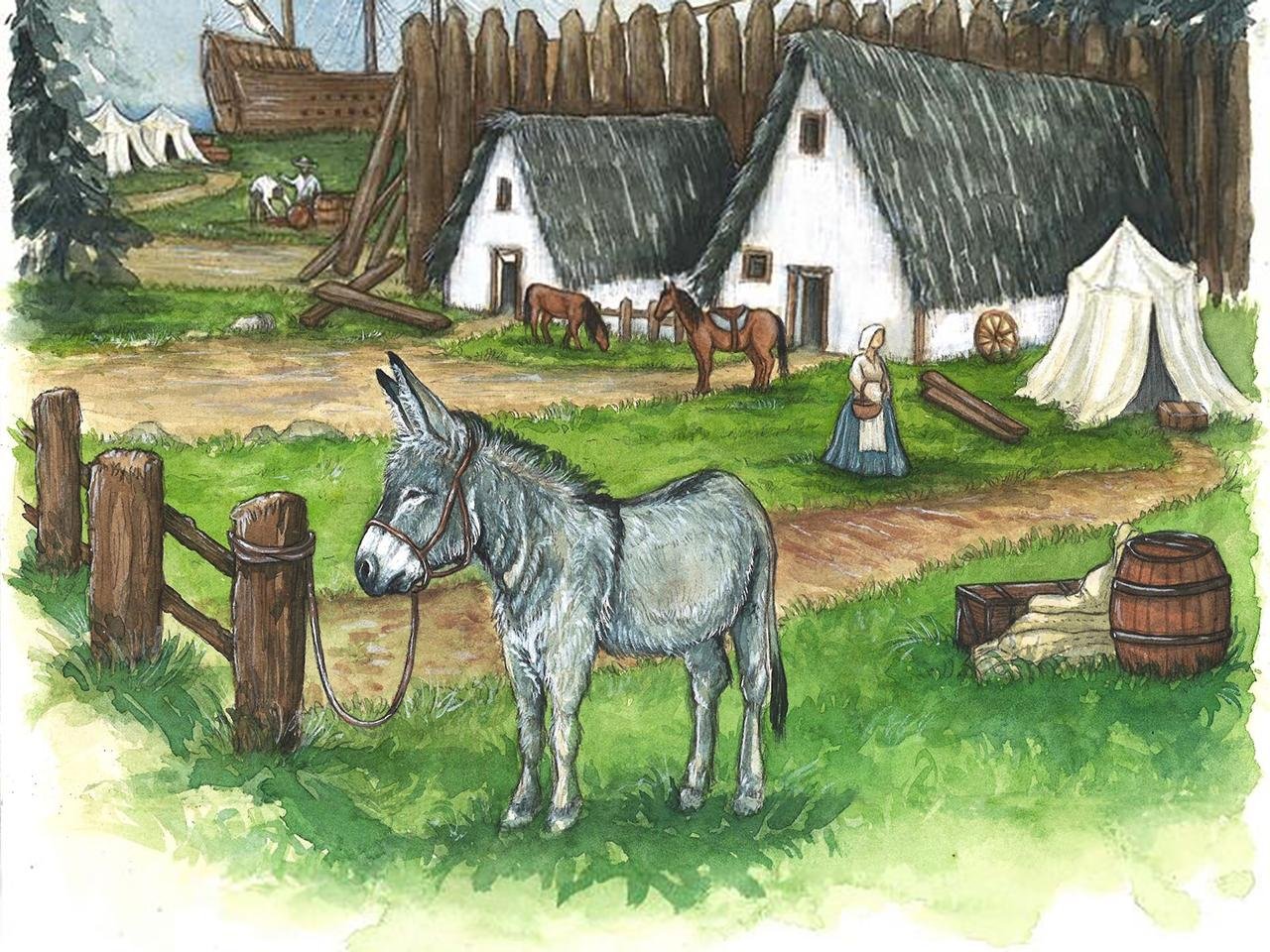
Donkey bones reveal Jamestown colonists brought donkeys to North America
A new study published in Science Advances is reshaping our understanding of early colonial life in North America. By analyzing centuries-old horse and donkey bones unearthed at…
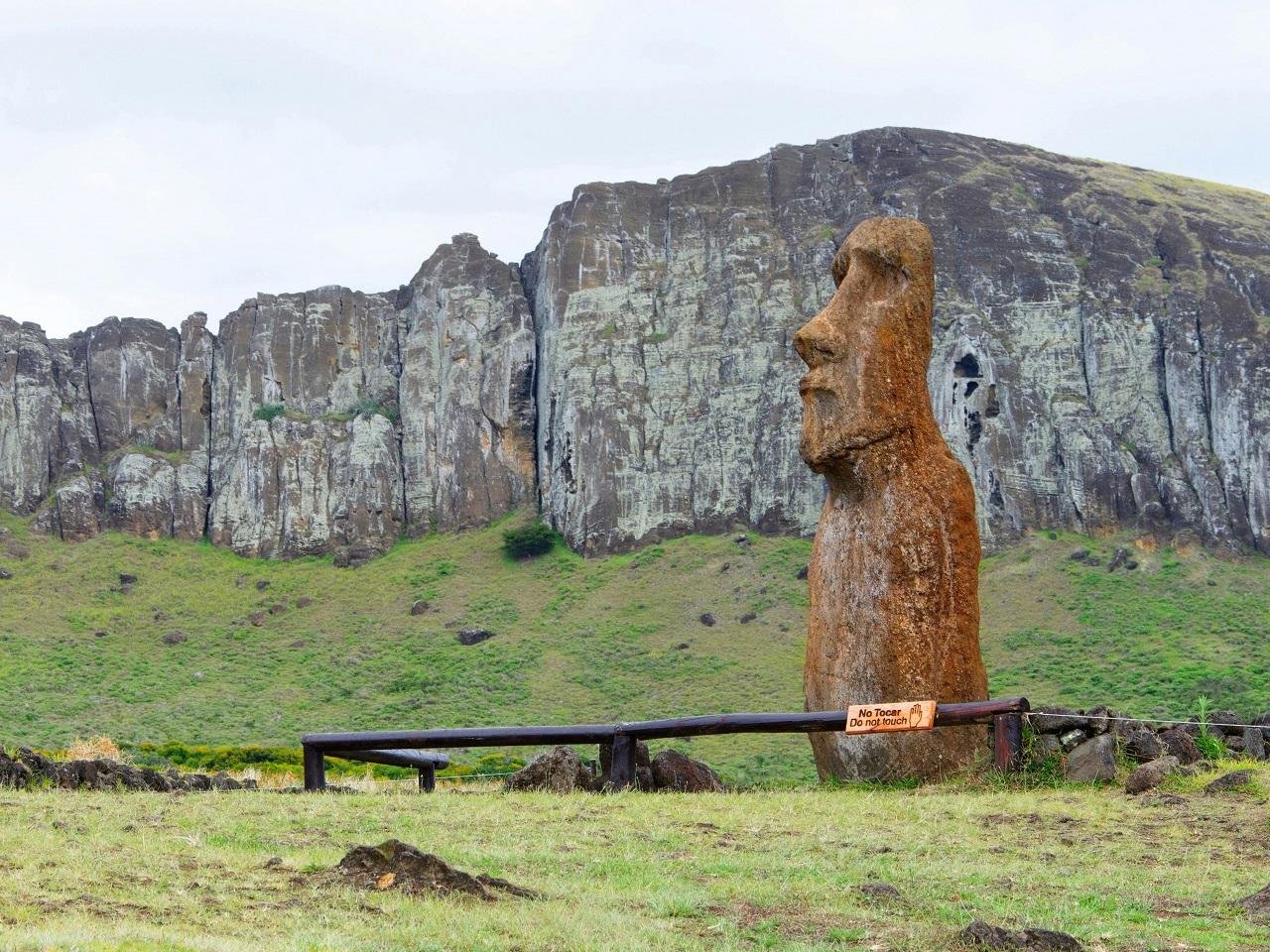
Easter Island’s moai statues really “walked”: physics and archaeology confirm the hypothesis
For centuries, researchers have been captivated by the mystery of how the ancient inhabitants of Rapa Nui—also known as Easter Island—transported their huge moai statues. Now, new…

Homo habilis under threat: AI study reveals leopards hunted our ancient ancestors
Almost 2 million years ago, early humans were not the hunters they are typically imagined to be — they were the hunted. A new study suggests that…

New study reveals Shackleton knew Endurance was structurally unfit for Antarctic ice
A century after the Endurance sank under the Antarctic ice, new research has revealed that the ship was never as strong as legend suggested — and that…
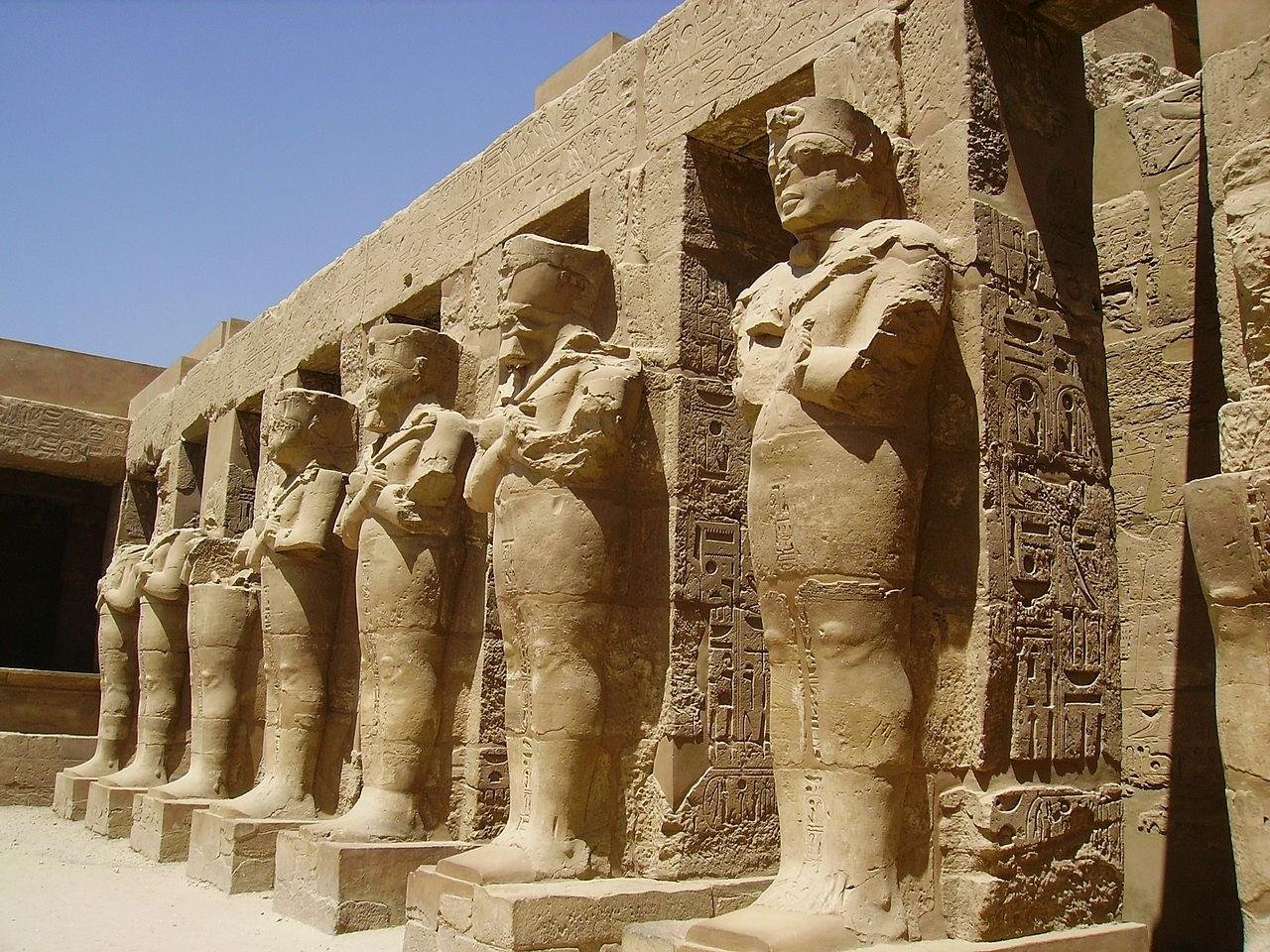
Karnak Temple’s origins revealed: geoarchaeological study shows how the Nile shaped Egypt’s sacred landscape
A new geoarchaeological study has uncovered how Egypt’s Karnak Temple, one of the world’s largest and most iconic ancient religious sites, evolved from a small river island…